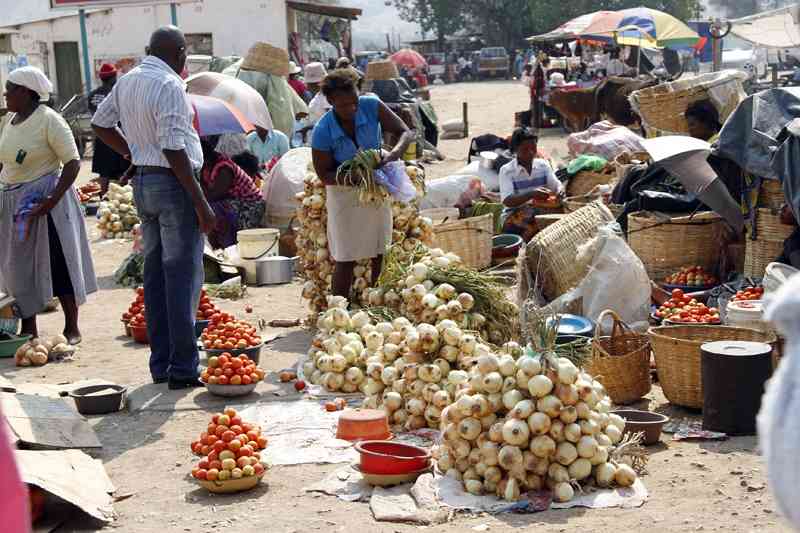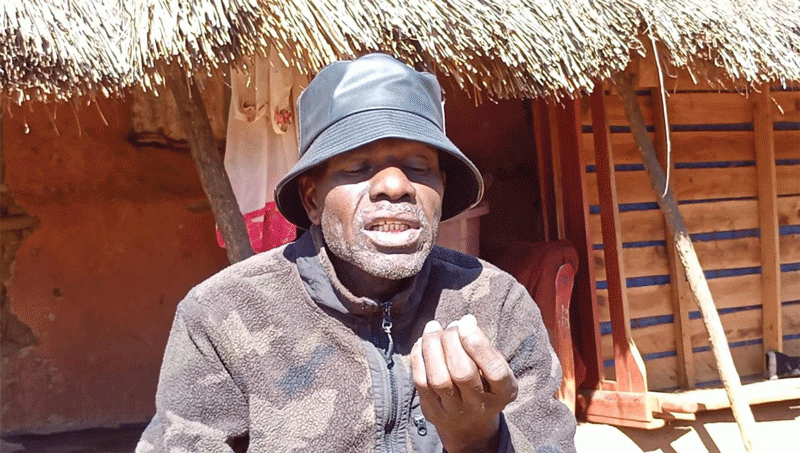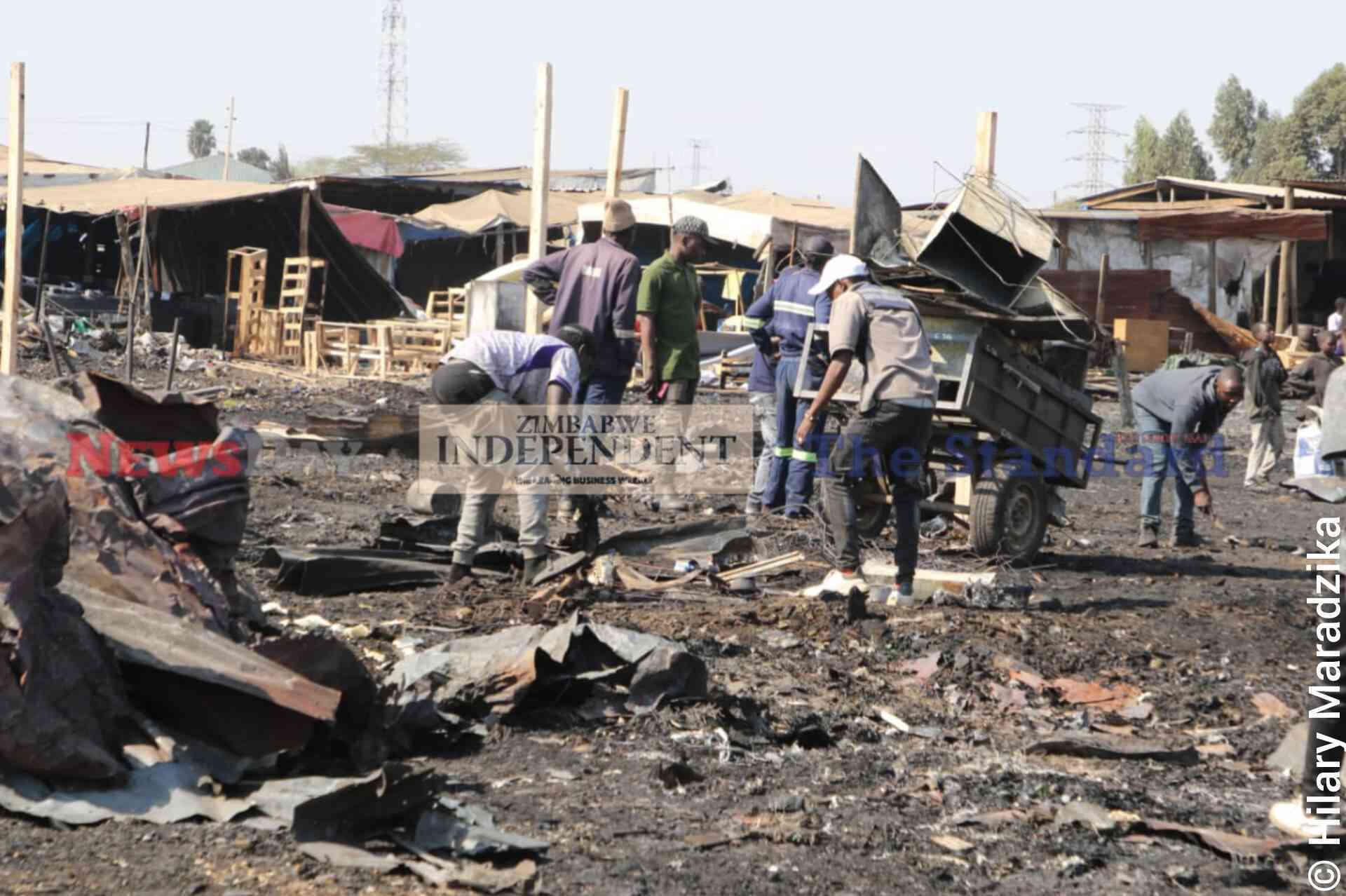
IN spite of well-meaning efforts, financial inclusion and market inclusion have not really succeed in many African countries. It seems formal banks were not designed for micro small and medium enterprises (MSMEs). Likewise, supermarkets and processing companies were probably not designed to absorb agricultural commodities from millions of smallholder farmers. This reality should lead to innovations that build financial models ideal for MSMEs and markets suitable for smallholder farmers. It is clear that aggressive advertising has failed to make formal banks suitable for MSMEs.
Following years of neglect by policymakers and funders, building indigenous businesses like MSMEs and territorial markets requires thoughtful engagement and advocacy as opposed to aggressive selling. Having been exposed to colonial models, consumers and formal institutions tend to resist change such that they need some kind of re-education.
MSMEs and African territorial markets have become adept at promoting learning through doing or participating in the economic ecosystem than coping while seating on the fence.
While many young people prefer copying business models, territorial market and MSMEs show there is more value and resilience in learning through doing. Some young people get into business because they have money while others adopt businesses left by their parents. However, the child may never be as passionate as parents who were the founders.
Incubating indigenous commerce through fresh business pathways
Building enterprises through thoughtful engagement goes beyond understanding business as profit and loss but mastering the entire ecosystem including relevant financial models.
It is also about incubating fresh pathways by bringing a totally new face to entrepreneurship with strong roots in indigenous food systems.
It is more of learning how to build new business ventures around agroecology through learning from territorial markets and MSMEs. If banks are not financing MSMEs and territorial markets that is a lesson worth learning and innovating around.
- New Horizon: Leveraging MSMEs growth through free trade in Africa
- Wanted: Banks that cater for MSMEs
Keep Reading
Instead of fighting the formal banking system, there is opportunity to create a totally new financial system that can shape a uniquely African entrepreneurship and indigenous commerce. One of the reasons African countries are struggling with MSMEs is because they are trying to impose models not designed for MSMEs. If collateral requirement has been a barrier to financial inclusion for decades, why not come up with a new financial model and system relevant for MSMEs and territorial markets?
Social investment embedded in households
African territorial markets are growing without meaningful support from banks, insurance and other formal financial systems.
However, that growth is not recorded because it has a social investment embedded in households. Households are using the markets to build their future but those growth trends are not expressed through gross domestic product. If the majority of customers that buy from traders in territorial markets do not care about registration and standards, there is no reason for the traders to worry about those formal systems and related paperwork. Why should a grandmother selling vegetables in the mass market be compelled to have a receipt book if the majority of her customers do not demand a receipt?
A market is often owned by people who have developed it. To participate and succeed in that market, a newcomer has to perform better than those who developed it. Through thoughtful engagement, proponents of agroecology can use territorial markets to position diverse sustainable production zones in the markets. These are some of the ways that can protect indigenous food threatened by industrial food. In addition to reviving what is under threat from extinction, they can also protect local food systems from dilution by external food. Innovation will ensure agroecology is not only viable at processing or value addition level but also profitable at production level.
Helping farming communities to collaboratively find a new strategic aspiration
Thoughtful engagement will enable policymakers to learn from everyday experts like MSMEs, farmers and mass market traders who have become adept at collaboratively using evidence to find new strategic aspirations.
In order to fully understand African territorial markets, it is critical for policy makers and investors to start by defining the types of existing markets. That can be done through a rapid assessment of the markets and food baskets as sources of livelihoods, actors and then look at infrastructure. The rapid assessment should have descriptive and technical components that also integrate plans from local authorities who may have ambitions to improve the market but lack resources. Solid evidence can increase the recognition of mass markets as institutions that can package commodities for export markets. In addition to articulating the role of agricultural marketing authorities, thoughtful engagement can assist in positioning actors and stakeholders in territorial markets and MSME ecosystems. Actors responsible for food safety and standards are often missing in mass markets yet these are becoming more relevant given the export thrust which has largely remained undocumented. It is unfortunate that most proposals for developing African territorial markets and MSMEs are written without solid supporting evidence.
- Charles Dhewa is a proactive knowledge broker and management specialist











